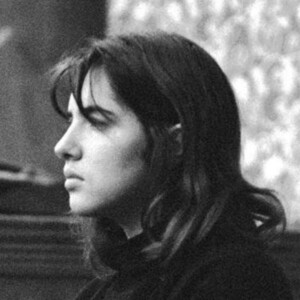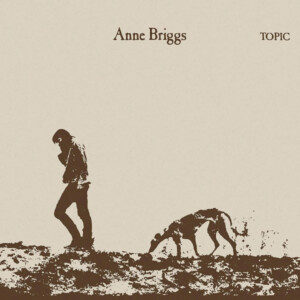Showing the single result

Anne Briggs Vinyl Records
In the annals of pop and folk music, there are few sagas stranger than that of Anne Briggs. An awesomely talented singer of traditional English folk music, possessing of as pure and breathtakingly beautiful a voice as one could hope to have, she was the single most important influence on a group of female British folksingers that includes Sandy Denny, Maddy Prior, June Tabor, and Linda Thompson. Even Norma Waterson, herself a hugely important figure in the British folk revival of the mid-'60s, admits to being influenced by Briggs' singing, and notes that Anne Briggs singlehandedly changed the way that English women folksingers sang. What makes this story so odd is that Briggs' entire recorded output consists of about 30 songs. She stopped singing at the age of 27, supposedly because she hated the sound of her recorded voice. As folk music became electrified and increasingly popular, and bands such as Fairport Convention and Pentangle were reinventing the British folk tradition, and more and more women (Sandy Denny, et al.) were singing in a style started by Briggs, her legend flourished, yet she refused to sing.

